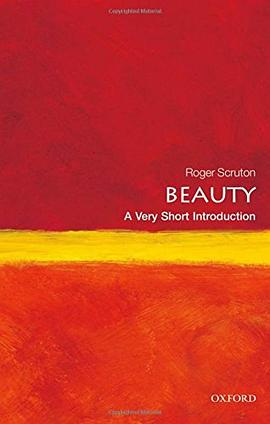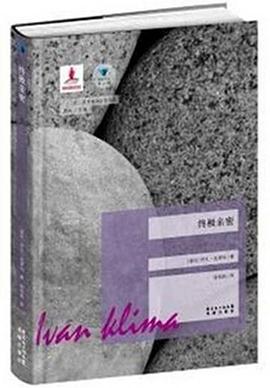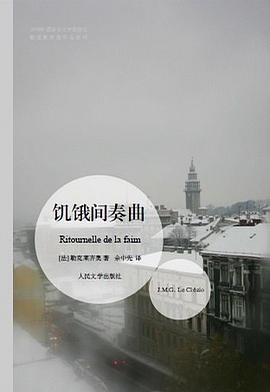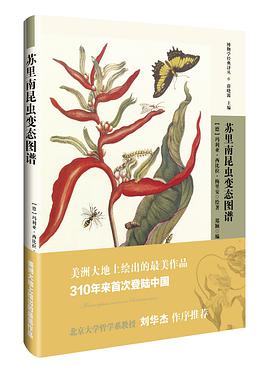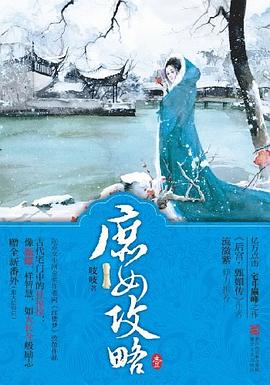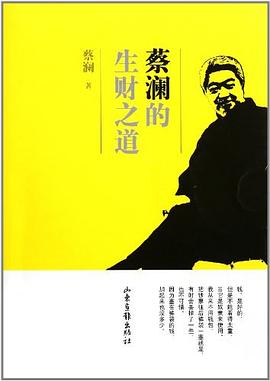Beauty
内容简介
Beauty can be consoling, disturbing, sacred, profane; it can be exhilarating, appealing, inspiring, chilling. It can affect us in an unlimited variety of ways. Yet it is never viewed with indifference. In this Very Short Introduction the renowned philosopher Roger Scruton explores the concept of beauty, asking what makes an object - either in art, in nature, or the human form - beautiful, and examining how we can compare differing judgements of beauty when it is evident all around us that our tastes vary so widely. Is there a right judgement to be made about beauty? Is it right to say there is more beauty in a classical temple than a concrete office block, more in a Rembrandt than in last year's Turner Prize winner? Forthright and thought-provoking, and as accessible as it is intellectually rigorous, this introduction to the philosophy of beauty draws conclusions that some may find controversial, but, as Scruton shows, help us to find greater sense of meaning in the beautiful objects that fill our lives.
......(更多)
作者简介
Roger Scruton, Research Professor, Institute for the Psychological Sciences, Arlington, Virginia
Roger Scruton is research Professor at the Institute for the Psychological Sciences based in Arlington, Virginia. His previous academic affiliations have been Professor of Aesthetics at Birkbeck College, London, and subsequently Professor of Philosophy and University Professor at Boston University. His published works range from academic philosophy, specialising in aesthetics, to fiction, and political and cultural commentary. They includeOn Hunting (1998), An Intelligent Person's Guide to Modern Culture (1998), Spinoza (1998), Perictione in Colophon (2000), and England: an Elegy (2000).
......(更多)
目录
Preface
1: Judging beauty
2: Human beauty
3: Natural beauty
4: Everyday beauty
5: Artistic beauty
6: Taste and order
7: Art and Eros
8: The flight from beauty
9: Concluding thoughts
......(更多)
读书文摘
......(更多)
